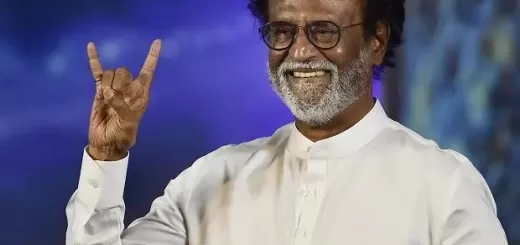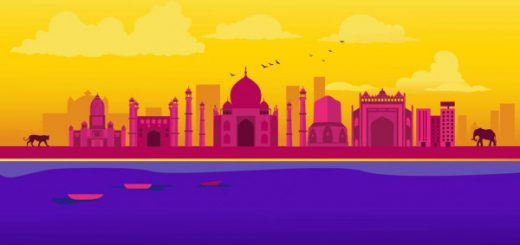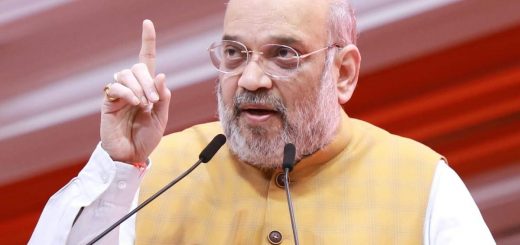Celebrity influence in Indian politics

Khevna.P.Shah, INN/Bangalore
@Shahkhevna1, @Infodeaofficial
The trend of attaching Bollywood to politics started long back in the 1960s when Prithviraj Kapoor of the Kapoor dynasty was the first celebrity to enter parliament as a nominated member in the Rajya Sabha. And since then many celebrities from the industry involved themselves in Indian politics directly or indirectly and some were successful or unsuccessful as well.
In 1984, the well-repeated star of the industry, Amitabh Bachchan contested Lok Sabha elections against the former Chief Minister of Uttar Pradesh and also won by one of the highest victory margins in the general history of the election with a vote of 68.2%.
In the south many celebrities have left a mark in Indian politics and the common string among them is the movies that catapulted them into politics. Like MG Ramachandran aka MGR, who is regarded as one of the most influential actors in Tamil cinema, rose to power and became Chief Minister of Tamil Nadu. Succeeding MGR, Jayalalithaa, another actor-turned-politician became Chief Minister. She had formed a personality cult and was known as Amma among her followers. Although infamous for her corruption, she is remembered for her public welfare in the state (including several subsidized Amma-branded goods). Others in the same category are NT Rama Rao and M Karunanidhi.

But unlike their southern counterparts, Bollywood stars often played supporting roles and many times lost all utility once they had met their purpose. Amitabh Bachchan quit within a few months of becoming an MP and Rajesh Khanna couldn’t go beyond being someone who almost soured Advani’s party.
Film and sports stars have been an active part of politics and few left behind a legacy but why is the preference given to the celebrities over the grassroots leaders who work hard to nurture the constituency.
In the country of a large population, India, superstars are worshipped and even given more importance over political leaders. The people idolize the stars and sometimes that becomes an advantageous element for the political party to win the publics’ vote.
In the majority of cases, the involvement of celebrities may be a political threat to any of the other leaders. When Shatrughan Sinha had his fallout amongst his own party members he decided to contest elections on a different party symbol which didn’t prove to be a threat to Ravi Shankar Prasad. It is a perfect example where celebrities are dependent for their election on existing political parties and their individual brand does not offer an attractive option for the voters when they do not conform to the party lines.
Also, Elections in India are a display of money power and a massive amount of money be it directly or indirectly is required to contest elections. The seizure of cash during elections is testimony to it. In the recent general elections, more than ₹3000 crores have been recovered in the form of cash, alcohol, and drugs. Also, this election is seen as the “most expensive election ever, anywhere.” Because of this larger appeal, celebrities don’t struggle much to generate money, or many times their star appeal compensates for the money.
There is no written rule that celebrities should consider politics as their mainstream agenda, but is it also not fair to the genuine hardworkers of the party to be sidelined simply because they don’t have a well-recongnized face. But when celebrities take interest in the commoners’ life, serve with purposefully leaving the publicity aside then who can stop them from being well-established politicians. After all, it all comes down to the public because it is their vote that matters. The public should choose their leader wisely and not under some pressure of glamour and media.




